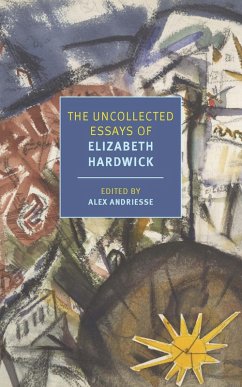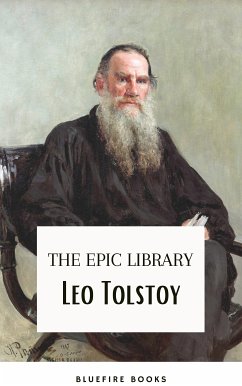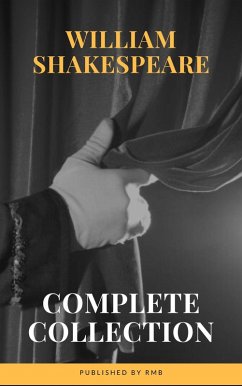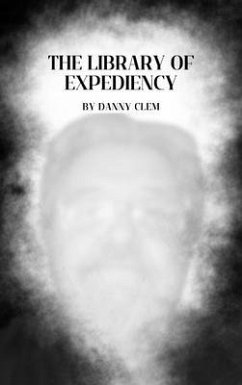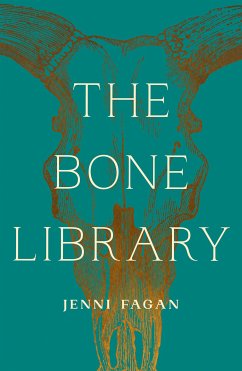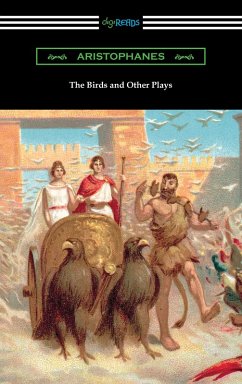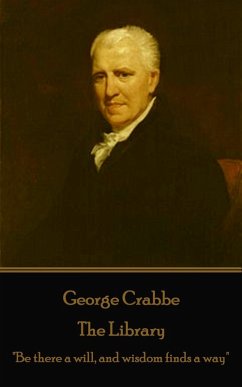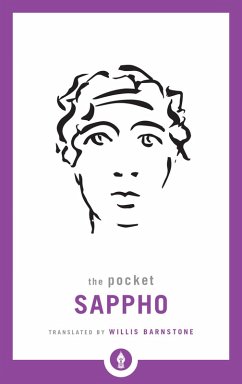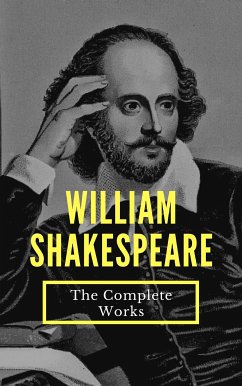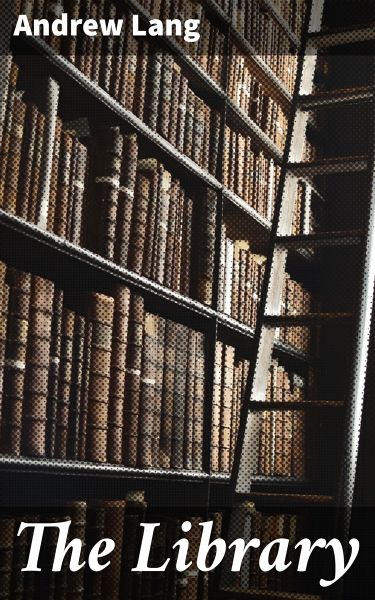
The Library (eBook, ePUB)
Enriched edition. Exploring the transformative power of literature through diverse works and authors
Kommentar: Winthrop, Beatrice / Redaktion: Good Press

PAYBACK Punkte
0 °P sammeln!
In "The Library," Andrew Lang embarks on an ambitious exploration of the evolution of literature and the integral role of libraries in shaping both individual thought and collective culture. With his characteristic narrative flair, Lang deftly weaves together anecdotes and scholarly analysis, dissecting how libraries have functioned as bastions of knowledge and creativity through various epochs. The prose is rich and engaging, exemplifying the literary style of the late 19th century, where vivid storytelling combines with a thoughtful examination of social issues surrounding accessibility to l...
In "The Library," Andrew Lang embarks on an ambitious exploration of the evolution of literature and the integral role of libraries in shaping both individual thought and collective culture. With his characteristic narrative flair, Lang deftly weaves together anecdotes and scholarly analysis, dissecting how libraries have functioned as bastions of knowledge and creativity through various epochs. The prose is rich and engaging, exemplifying the literary style of the late 19th century, where vivid storytelling combines with a thoughtful examination of social issues surrounding accessibility to literature and education. Andrew Lang, a renowned literary figure and folklorist, was deeply influenced by his scholarly pursuits and a belief in the sociopolitical significance of literature. His experiences studying at the University of Glasgow and forming associations with contemporary writers led him to appreciate the library as more than a collection of books; it became a symbol of enlightenment and democratization of knowledge. This outlook underpins his writing, inviting readers to reflect on their own relationships with literature. I highly recommend "The Library" to scholars, bibliophiles, and anyone intrigued by the history of literature and its transformative potential. Lang's insights not only celebrate the past but also ignite critical conversations about the future of libraries in the digital age, making this an essential read for all who cherish the written word. In this enriched edition, we have carefully created added value for your reading experience: - A succinct Introduction situates the work's timeless appeal and themes. - The Synopsis outlines the central plot, highlighting key developments without spoiling critical twists. - A detailed Historical Context immerses you in the era's events and influences that shaped the writing. - A thorough Analysis dissects symbols, motifs, and character arcs to unearth underlying meanings. - Reflection questions prompt you to engage personally with the work's messages, connecting them to modern life. - Hand-picked Memorable Quotes shine a spotlight on moments of literary brilliance. - Interactive footnotes clarify unusual references, historical allusions, and archaic phrases for an effortless, more informed read.
Dieser Download kann aus rechtlichen Gründen nur mit Rechnungsadresse in A, B, BG, CY, CZ, D, DK, EW, E, FIN, F, GR, H, IRL, I, LT, L, LR, M, NL, PL, P, R, S, SLO, SK ausgeliefert werden.




